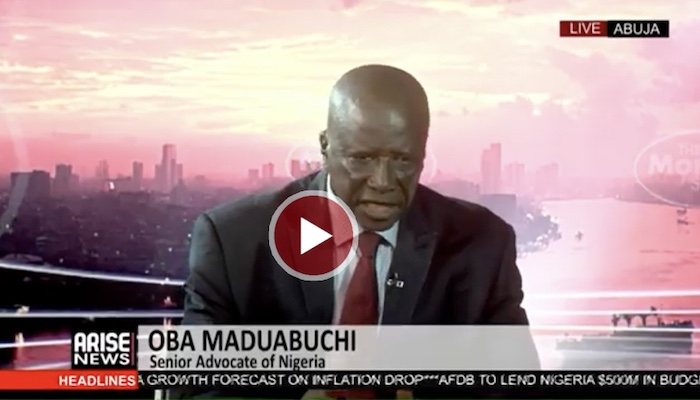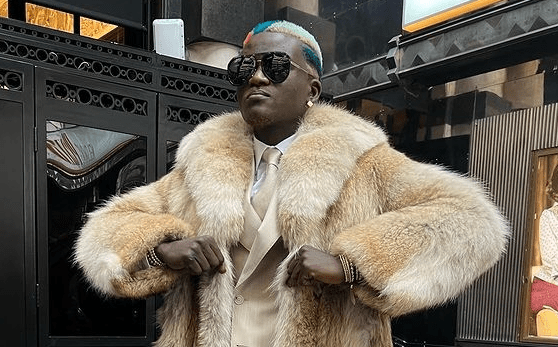
Senior Advocate of Nigeria, Oba Maduabuchi, has dismissed the recent suit challenging former President Goodluck Jonathan’s eligibility to contest the 2027 presidential election, describing it as an abuse of court process and a futile attempt to reopen a matter that has already been settled by a competent court.
A Federal High Court sitting in Abuja had been asked to bar Jonathan from contesting in the upcoming election or presenting himself to any political party for nomination. The plaintiff, lawyer Johnmary Jideobi, argued that Jonathan had already served two terms—completing the tenure of the late President Umaru Musa Yar’Adua and subsequently serving a full term after winning the 2011 election—therefore making him constitutionally ineligible.
However, Maduabuchi, speaking on the matter during an interview with ARISE NEWS on Tuesday, said the question of Jonathan’s qualification had long been resolved by a court in Yenagoa, and that judgment remains binding until overturned on appeal.
“That suit in the federal high court of Abuja is an abuse of court process,” he said. “An abuse of court process is when you want to re-litigate a case or an issue that has already been settled by a court of competent jurisdiction.
“The issue of the qualification or non-qualification of Dr. Jonathan has been settled by the courts in Yenagoa. Nobody has taken that issue on appeal. And until that judgment is set aside, it remains what the law is. And anybody who decides that he wants to take it to a court of competent jurisdiction is simply abusing the process of the court and is a busy body.”
He further explained that Section 137(3) of the 1999 Constitution, which bars anyone who has taken the presidential oath of office twice from running again, was introduced in 2018—years after Jonathan last took office.
He said, “What was the position of the law in 2011, 2010, when Dr. Goodluck Ebele-Jonathan took the oath of office as president of Nigeria? What was the position of the law? Was section 137(3) part of our laws then? You’ve already said that the law came into effect in 2018. So when Goodluck Ebele-Jonathan was taking the oath of office to complete the tenure of Yar’Adua, there were no statutory limitations in existence then, which could inhibit him from running his constitutionally-guaranteed two terms. There was no inhibition.
“So when in 2018, you brought in the amendment of 137(3), did Goodluck Ebele-Jonathan take an oath as president after the amendment? So it is not possible for you now to punish Goodluck Ebele-Jonathan for a position that was not in existence when he voluntarily swore an oath as president of Nigeria to complete the tenure of Umaru Musa Yar’Adua.”
Melissa Enoch



